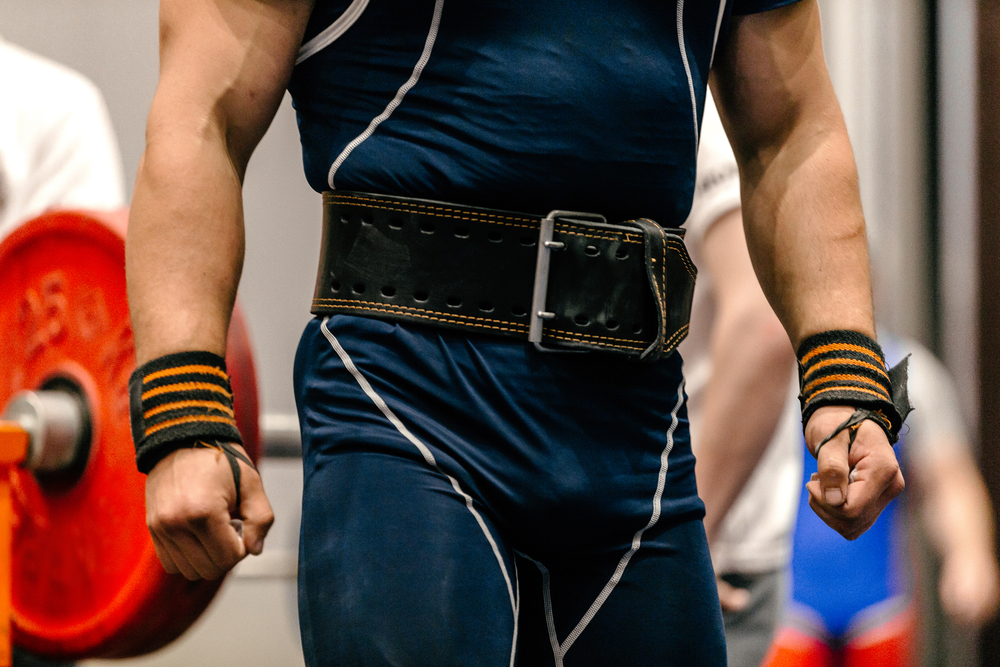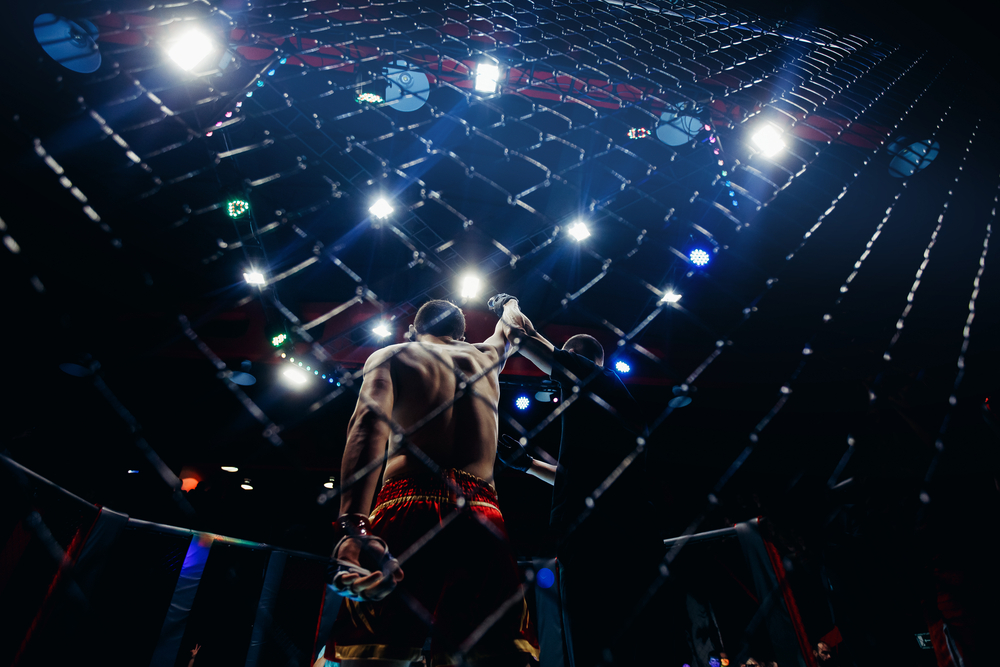
Hitting The Wall: Physiology And Psychology During A Marathon
Whether you have experienced it yourself or you have gleefully skipped past those battling it, most people who have completed a marathon in their lifetime will be familiar with the effects of “hitting the wall”. For many (including myself, sadly) it is the former experienced rather than the latter. Hitting the wall in the latter stages of a marathon can have a catastrophic effect on your overall finishing time which, physically and mentally, can take some time to recover from. In this post, I will explore how physiology and psychology interact during this crucial period of the marathon with the aim of providing some insight into how this painful experience can be prevented!
Central Fatigue
The marathon has always been a distance that has fascinated physiologists, and has long been considered to be the primary example of extreme exercise. The deterioration of running style towards the end of the marathon gives a strong indication that muscle fibres are not being recruited optimally. It is a classical observation that the running speed declines markedly when the muscle glycogen level decreases to a critical level requiring that the activation strategy needs to change accordingly.
Whilst the mechanisms and reasons for the development of peripheral fatigue have previously been widely explored, the role that central fatigue plays in the reduction in performance is often overlooked.The concept of central fatigue is intriguing; with an increase in serotonin levels in the brain effectively reducing the body’s capability as a method of self-preservation. As a result, the central nervous system is impaired and causes a voluntary reduction in muscle fibre recruitment.
Ross et al., (2007) was one of the studies to provide an insight into how long distance running affects the central nervous system (CNS). The study found a clear reduction in voluntary muscle activation within 20 min after the marathon that disappeared after 4 h, demonstrating a change in cortical output (Rasmussen et al., 2007).
The Central Governor Theory
There is evidence to suggest that a “central governor” mechanism in the CNS functions to protect the body from damage. Prof. Timothy Noakes at the University of Cape Town is well known for his work on this particular theory, with his belief being that fatigue can be overcome, and is more like a sensation than a physical event.
Whilst this theory was previously thought to be controversial (especially by those who have felt experienced fatigue!), the literature supporting it continues to grow. A study by Jeukendrup & Chambers (2010) tested an element of this theory by using a carbohydrate mouthwash rather than a conventional carbohydrate drink during high intensity (>75% VO2max) and relatively short duration (∼1 h) exercise. The study found that performance improved when using a carbohydrate mouthwash, with the researchers concluding that carbohydrate is detected in oral cavity by unidentified receptors and this can be linked to improvements in exercise performance.
It is worth noting that the subjects would not have consumed any of the carbohydrate, ruling out the possibility of these improvements being due to carbohydrate metabolism. The study reinforced the theory proposed by Noakes that the brain effectively limits our performance. The question is, are we able to persuade our ‘protective’ brains to allow us to push ourselves further? The answer would seem to be yes, but only as long as you are prepared psychologically to work through the pain!
So has the wall just been knocked down?
The answer to this would clearly be NO, although it may be possible to ‘climb over it’ to an extent. The brain has these protective mechanisms in place for a reason and whilst it may have been shown that we can stretch the limits slightly, these findings do not mean that fatigue will never at some stage get the better of us. However, if you find yourself exhausted in the latter stages of a race, just remind yourself that it just may be possible to squeeze out that last ounce of energy if you are prepared to work hard for it. That after all could make all the difference.
References
- Ross EZ, Middleton N, Shave R, George K &Nowicky A (2007). Corticomotor excitability contributes to neuromuscular fatigue following marathon running in man. ExpPhysiol92, 417–426
- Rasmussen P, Secher NH & Petersen NT (2007). Understanding central fatigue: where to go? ExpPhysiol92, 369-370.
- Jeukendrup AE & Chambers ES (2010). Oral carbohydrate sensing an exercise performance. CurrOpinClinNutrMetab Care Jul;13(4):447-51.







No Comments yet!